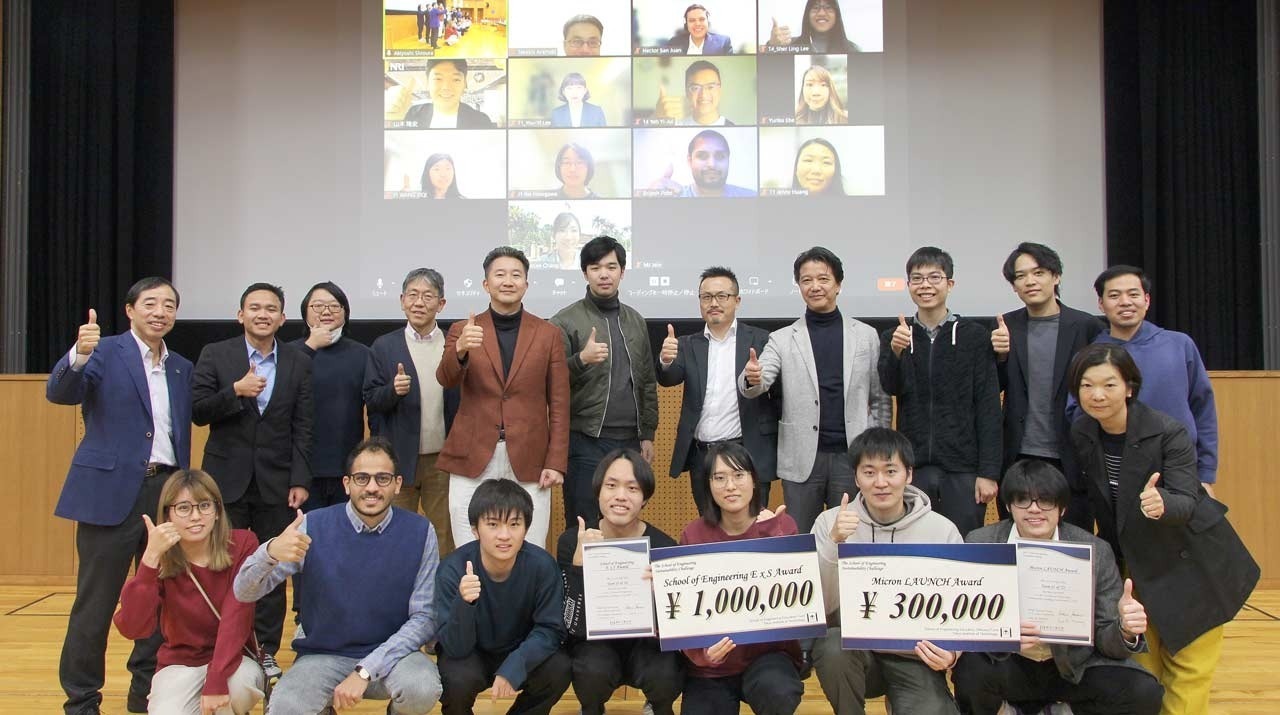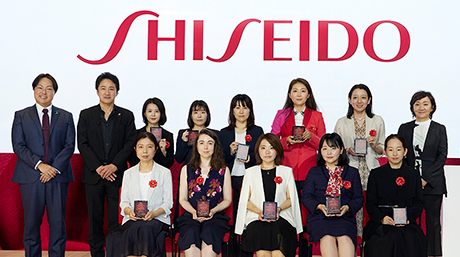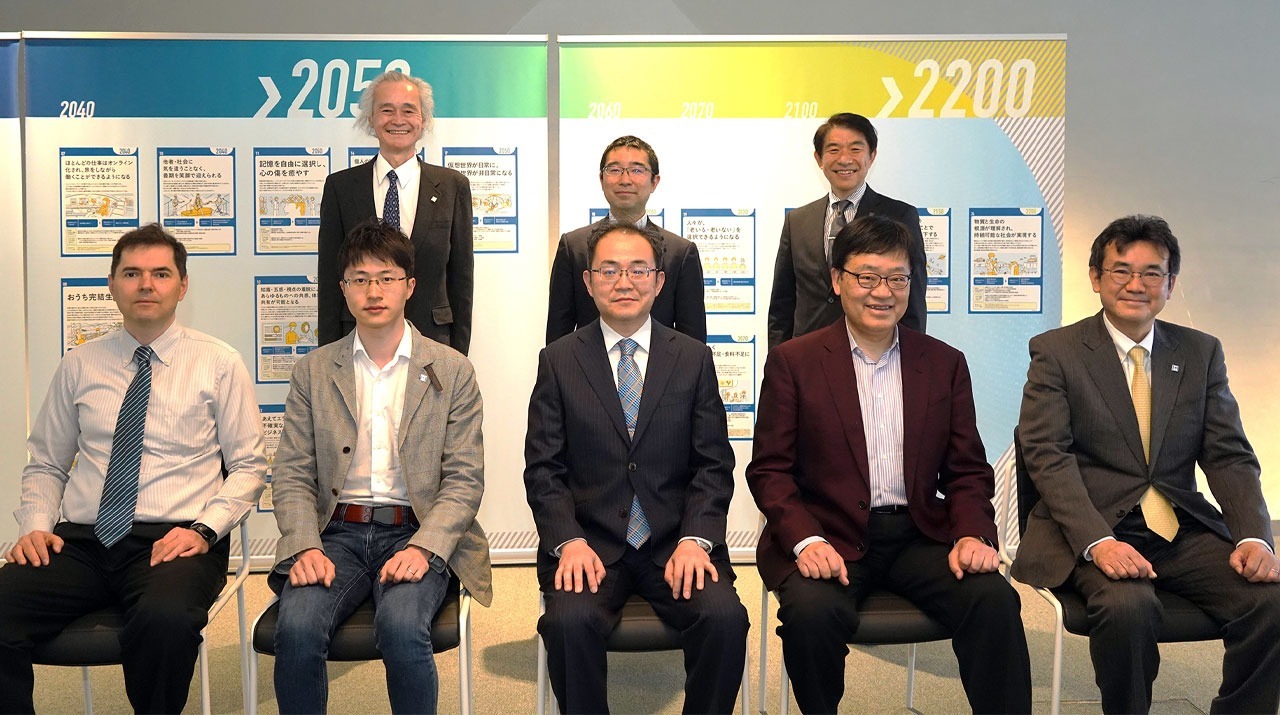Industrial Engineering and Economics News
Dark Patterns in Japanese Mobile Apps
Popular Japanese mobile apps have malicious design elements called dark patterns or deceptive user interface designs, researchers from Tokyo Tech have found. A new class of dark patterns, called 'Linguistic Dead-Ends,' of types 'Untranslation' and 'Alphabet Soup,' was also discovered. The researchers found an average of 3.9 deceitful design elements per app and uncovered how language and culture influence the presence and impact of these manipulative practices in digital design in Japan and across the globe.
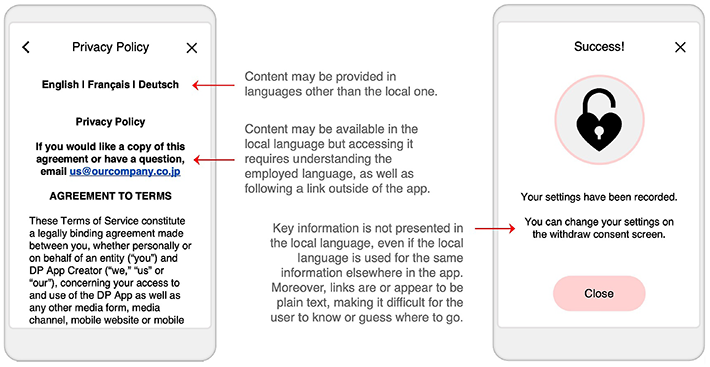
Figure 1. Untranslation dark pattern
Untranslation is the most common subclass of Linguistic Dead-Ends in the Japanese app market.
Dark patterns (DPs) refer to malicious and deceitful design elements in user interfaces used for apps and websites that lead end users to take actions contrary to their original intentions or expectations, often benefitting creators and stakeholders. While extensively studied in Western contexts, this key issue in critical computing remains unexplored in the booming app market in Japan, where cultural and linguistic nuances in design ethics may influence the utilization and expression of DPs.
In this regard, a group of researchers from Tokyo Institute of Technology (Tokyo Tech), led by Associate Professor Katie Seaborn from the Department of Industrial Engineering and Economics, recently analyzed 200 popular mobile apps in the Japanese Google App store. Their work was published in CHI '23: Proceedings of the 2023 CHI Conference on Human Factors in Computing Systems![]() on 19 April 2023, the premier venue in this field of study.
on 19 April 2023, the premier venue in this field of study.
The researchers found that a significant majority of these apps contained DPs, with an average of around 3.9 deceptive design elements per app. They classified these patterns into six classes. While five of these classes were drawn from an established taxonomy of DPs by De Geronimo et al. (2020), one was newly discovered in this work: a novel class of DP termed 'Linguistic Dead-Ends'. It comprises two distinct subclasses: 'Untranslation' and 'Alphabet Soup' (shown in Figures 1 and 2, respectively).
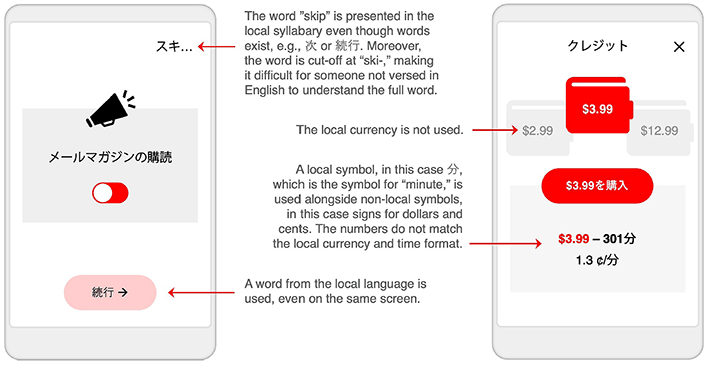
Figure 2. Alphabet Soup dark pattern
Alphabet Soup is another subclass of Linguistic Dead-Ends in the Japanese app market.
Dr. Seaborn explains, "Linguistic Dead-Ends refer to language and symbol use that prevents a user from understanding crucial functionality in an app, even while the rest of the app is in perfect Japanese. For instance, key information may be presented in another language while the rest of the app is in the local language, or characters from the local syllabary are used to construct words that seem legitimate but do not make sense on closer inspection."
This research underscores the pressing need for cross-cultural investigations into DPs, recognizing that user perceptions and responses to these design elements may significantly differ across regions. Furthermore, it highlights the significance of considering language and cultural differences when evaluating and researching a topic like DPs. The choice of language and the cultural context can inadvertently hide the existence of a subset of DPs, like Linguistic Dead-ends, or foster the emergence of new DPs that escape global recognition.
"DPs may be more prevalent in the Western app market, which has an average of 7.4 DPs per app, according to the work of Di Geronimo et al. (2020), compared to the Japanese app market, which has an estimated average of 3.9 DPs per app, at least in the offerings of one major app store. This discrepancy suggests that cultural awareness may play a pivotal role in shaping how DPs are employed across the globe," adds Dr. Seaborn.
In summary, this groundbreaking work uncovers the presence and implications of DPs in Japanese mobile apps, paving the way for more user-centered and culturally-sensitive design practices in the ever-evolving landscape of app development.
Here's hoping that further research helps foster trust and transparency between app creators and users!
- Reference
| Authors : | Shun Hidaka, Sota Kobuki, Mizuki Watanabe, and Katie Seaborn |
|---|---|
| Title : | Linguistic Dead-Ends and Alphabet Soup: Finding Dark Patterns in Japanese Apps |
| Journal : | CHI '23: Proceeding of the 2023 CHI Conference on Human Factors in Computing Systems |
| DOI : | 10.1145/3544548.3580942 |
| Affiliations : | Department of Industrial Engineering and Economics, Tokyo Institute of Technology |
- Talking Points: The Role of Computer Voice in the Future of Speech-Based Human-Computer Interaction | Tokyo Tech News
- Four teams receive first DLab Challenge research grant | Tokyo Tech News
- Understanding ourselves through our interactions with computers | Research Stories | Research
- Katie Seaborn | Researcher Finder - Tokyo Tech STAR Search
- Aspirational Computing Lab
- Katie Seaborn
- Associate Professor Katie Seaborn received the 16th Shiseido Female Researcher Science Grant | Industrial Engineering and Economics News
- Dr. Katie Seaborn has joined the department as an Associate Professor | Industrial Engineering and Economics News
- Industrial Engineering and Economics Graduate Major|Education|Department of Industrial Engineering and Economics, School of Engineering
- Engineering Sciences and Design Graduate Major|Education|Department of Industrial Engineering and Economics, School of Engineering
- Industrial Engineering and Economics Undergraduate Major|Education|Department of Industrial Engineering and Economics, School of Engineering
- Latest Research News | Tokyo Tech News
School of Engineering
—Creating New Industries and Advancing Civilization—
Information on School of Engineering inaugurated in April 2016
Further Information
Associate Professor Katie Seaborn
Department of Industrial Engineering and Economics, Tokyo Institute of Technology

